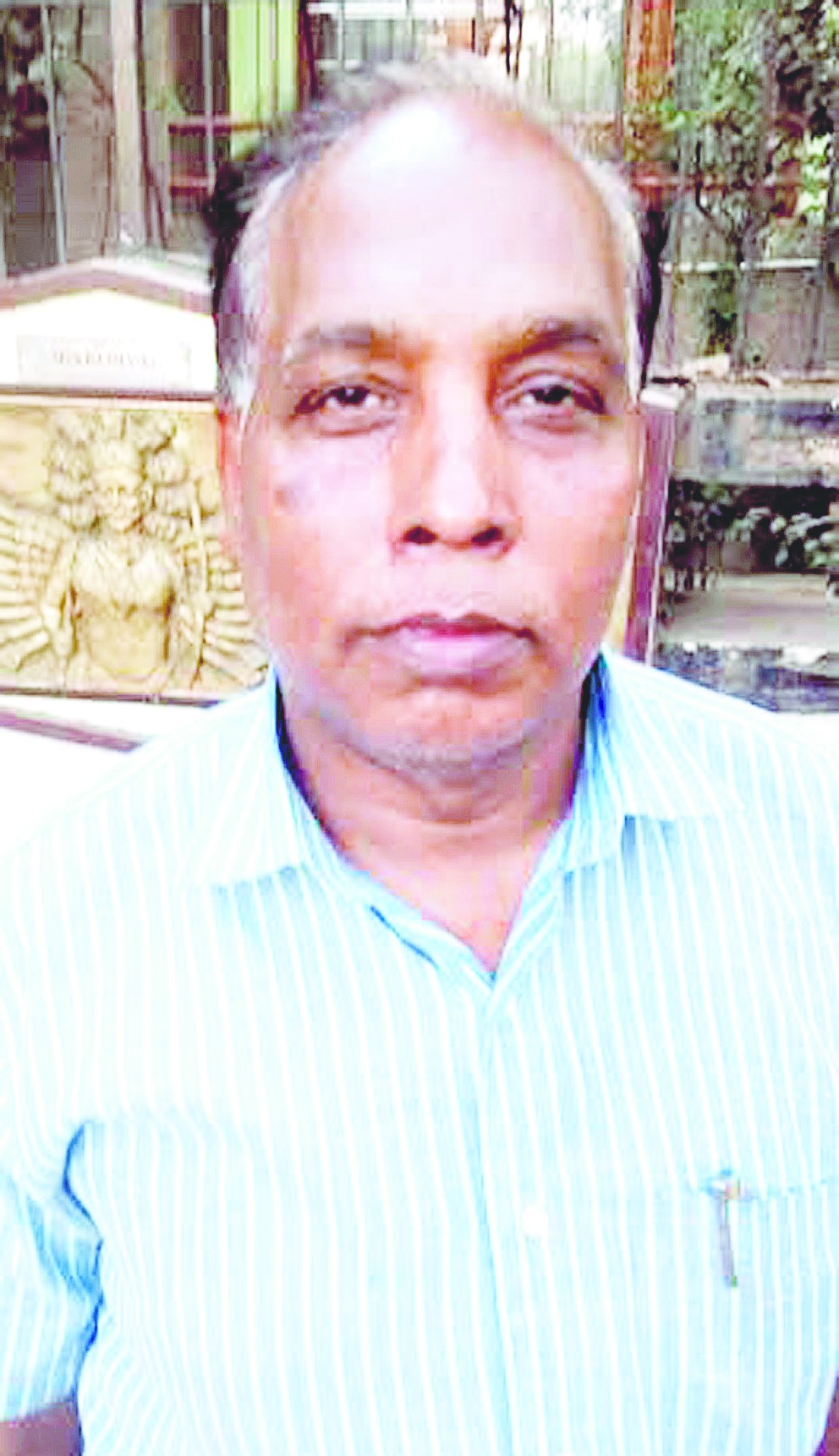
Khagaria resident Subodh Narayan Malakar (61), the supervisor of Jawaharlal Nehru University Students' Union (JNUSU) president Kanhaiya Kumar, has come into the spotlight after bailing out the student leader on Wednesday.
Malakar is a professor at JNU and has been supervising the doctoral thesis of Kanhaiya, who faces sedition charges in Delhi High Court.
After furnishing the bail bond for Kanhaiya's release, Malakar spoke to The Telegraph over phone.
He said: "We are discussing security measures analyses, as he (Kanhaiya) has expressed his desire that after being release from Tihar Jail, he would go to the JNU campus to meet the students and his well-wishers."
Malakar holds masters degree in politics (with specialisation in international relations) and an MPhil and a PhD in international studies.
His research areas include social conflict in Africa, Agrarian Transformation in Africa, Social Change and Democracy in Africa.
Asked why he bailed out Kanhaiya, Malakar said: "We have a teachers' association and it was a collective decision that I bail him out, as the court has asked for a surety apart from a personal bond of Rs 10,000. But yes, as far as my personal views are concerned, Kanhaiya is my student and he is doing his PhD under my supervision and my responsibility also doubles."
Malakar proudly said he belonged to panchpania (gardener) caste and he was proud of his student Kanhaiya.
He has also written books, the published ones include Agrarian Transformation and Political Dynamics in Ethiopia (2006), India's Energy Security and the Gulf, and The second coming: US war on Iraq 2003: An Indian perspective.
Malakar's father, late Rambhaj Malakar, was a member of CPI and a Khet Mazdoor Union functionary in Parbata. Talking of the JNU episode, Malakar, earlier a professor in Jamia Millia Islamia for over eight years before joining JNU in 1998, said: "I can only say that Kanhaiya was implicated on sedition charges and he never shouted any anti-national slogans. He is a bright student and no one can challenge his patriotism."
Malakar also expressed apprehension and said it was the BJP which wants to close the JNU, a hub of students belonging to SC, ST and OBC.
On the other hand, there was a celebratory mood at Kanhaiya's Bihat village as soon as he walked out of Tihar Jail. Puri, kheer and mixed vegetables were cooked by the villagers and were distributed among people gathered at his house.
Kanhaiya's mother, Meena Devi, an Anganwadi worker, said: " Satya ki jeet hui hai (it's a victory of truth)." People from nearby villages also gathered at Kanhaiya's residence to celebrate the occasion.
"I was hoping that my son will get a clean chit. However, he has got interim bail. Kanhaiya desh ke beta hai (son of the nation), he was wrongly charged because he had defeated the ABVP candidate in the JNU students' union elections," said Kanhaiya's father, Jaishankar Singh.
Kanhaiya younger brother, Prince, said his family had gone through mental trauma ever since Kanhaiya was put behind bars.
The crisis had begun with the arrest of Kanhaiya Kumar, the president of Jawaharlal Nehru University's student union, by the Delhi police on charges of sedition. Mr. Kumar's arrest followed an on-campus rally on Feb. 9 that marked the anniversary of the 2013 hanging of Muhammad Afzal, who was convicted of participating in the 2001 terrorist attack by an Islamist group based in Pakistan on India's Parliament.
The circumstances of Muhammad Afzal's trial and execution remain controversial.











